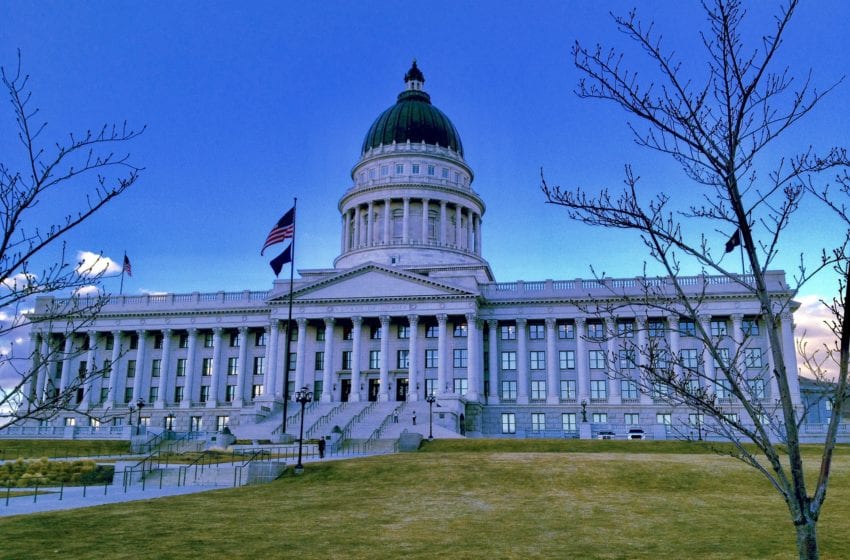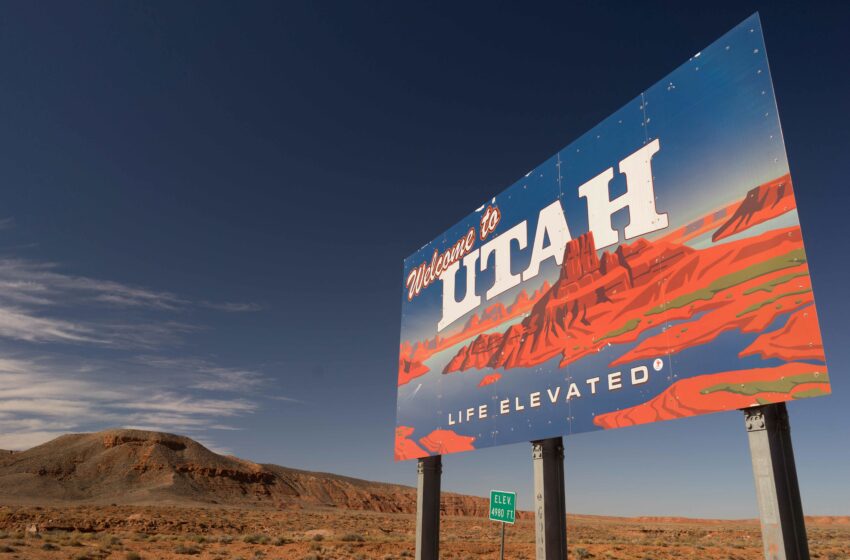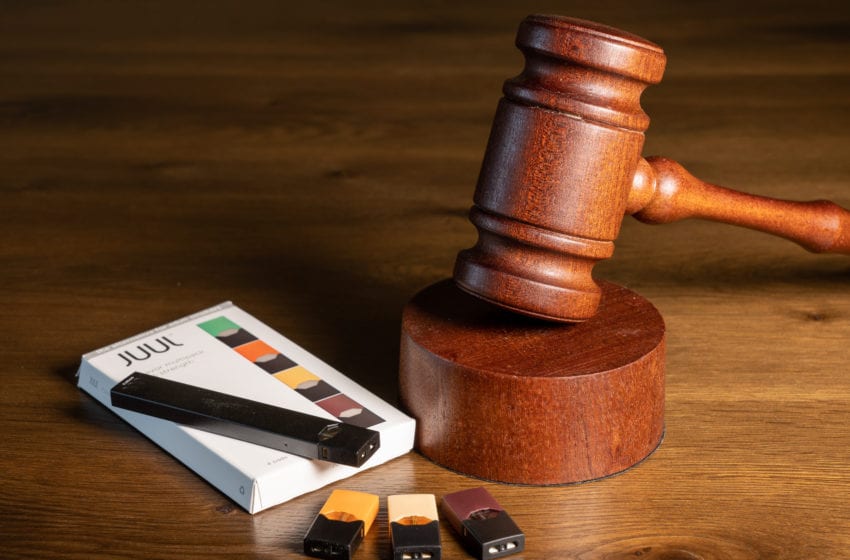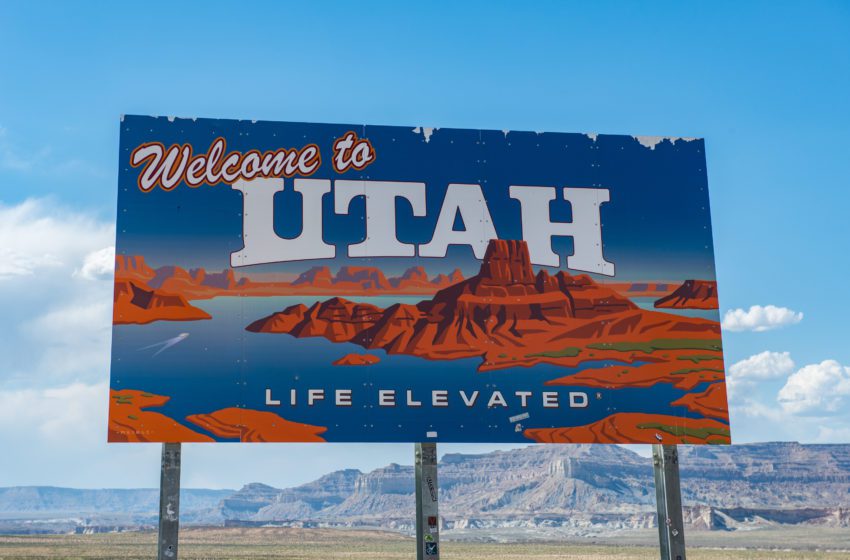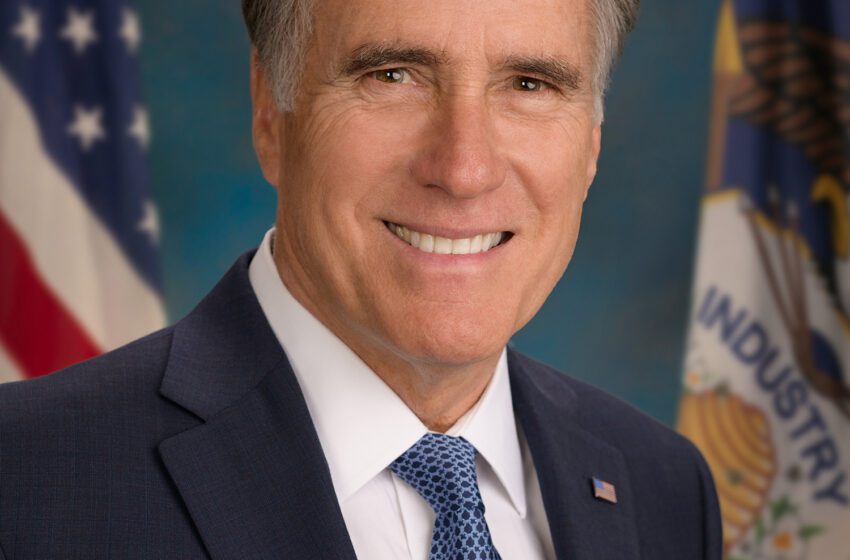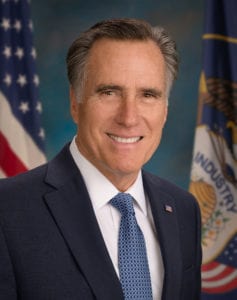
A new Utah law that will prohibit the sale of flavored e-cigarettes has supporters of the law arguing that flavored e-cigarettes are making children addicted to nicotine. However, implementing the law won’t only have a severe impact on Utah’s almost 200 vape shops; it will devastate them, according to an industry representative who has expressed their intention to challenge the law in court.
The sponsor of that law, pediatrician and Salt Lake Democratic Sen. Jen Plumb, said she has seen kids in the emergency room going through withdrawal because they can’t vape in the hospital and friends whose children are anxious about going without their nicotine on long flights, according to media reports.
Plumb’s bill, signed into law last month by Gov. Spencer Cox, goes further than just banning flavors — aside from tobacco or menthol. It also bans the sale of any vape product with a nicotine concentration above 4 percent. And it only allows the sale of products that have either been approved by the U.S. Food and Drug Administration or have submitted an application for approval prior to September 2020.
Nobody knows how many products will have to be removed from shelves. To date, there are only 17 FDA-approved products from three manufacturers that meet the criteria, and an FDA spokeswoman said they don’t know how many pre-2020 applications are still pending.
According to Beau Maxon, vice president of the Utah Vapor Business Association and owner of Park City Vapor Company, one thing is certain: It will be a death sentence for many vape shop owners.
“There’s no question about it,” Maxon said in an interview, “it is going to put the retail tobacco specialty industry in jeopardy and you’re going to see a lot of them not able to stay open.”
That’s because in a vape shop like his, Maxon said, 99.9 percent of the products they sell are flavored — not because they’re targeting kids, but because it’s what his adult customers want.
Without other options, shop owners will challenge the law in court over the businesses that will be forced to close, the creation of a monopoly for convenience stores and Big Tobacco products, and potentially other grounds.
“There’s no question about it,” Maxon said. “We will be litigating it.”

